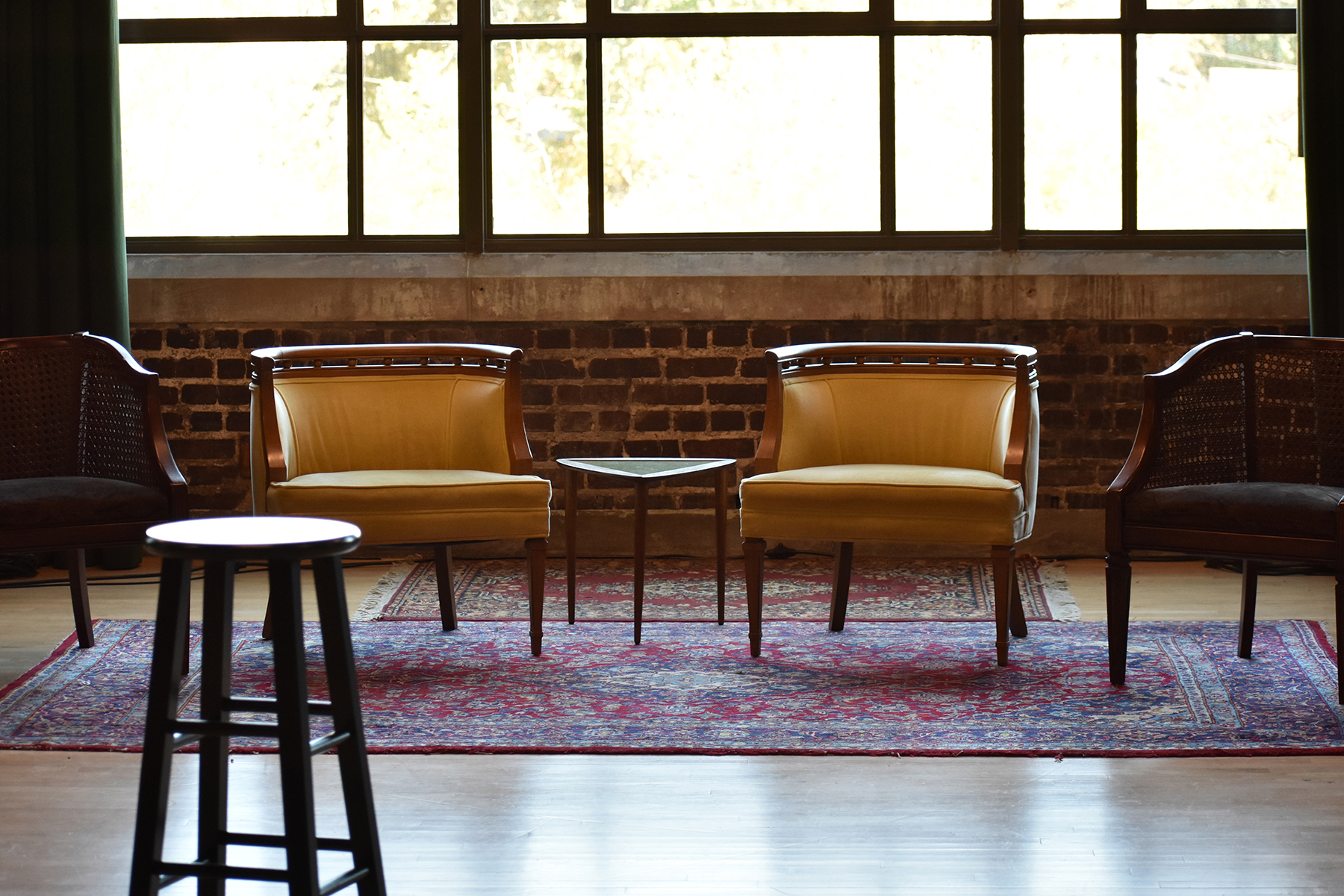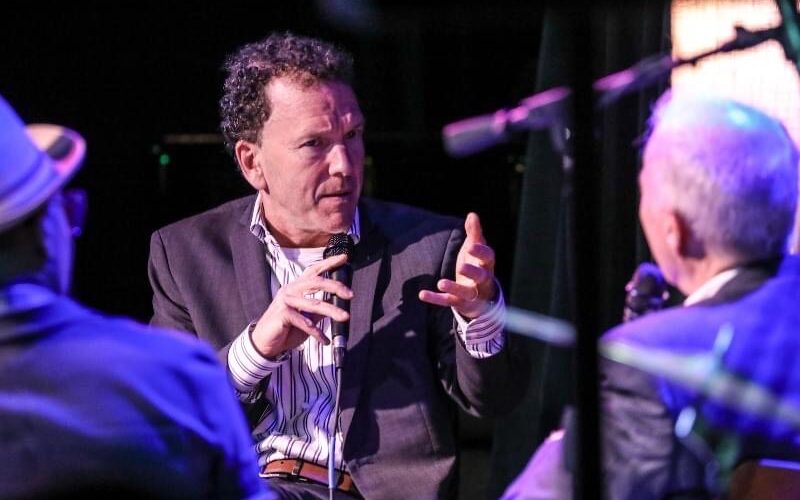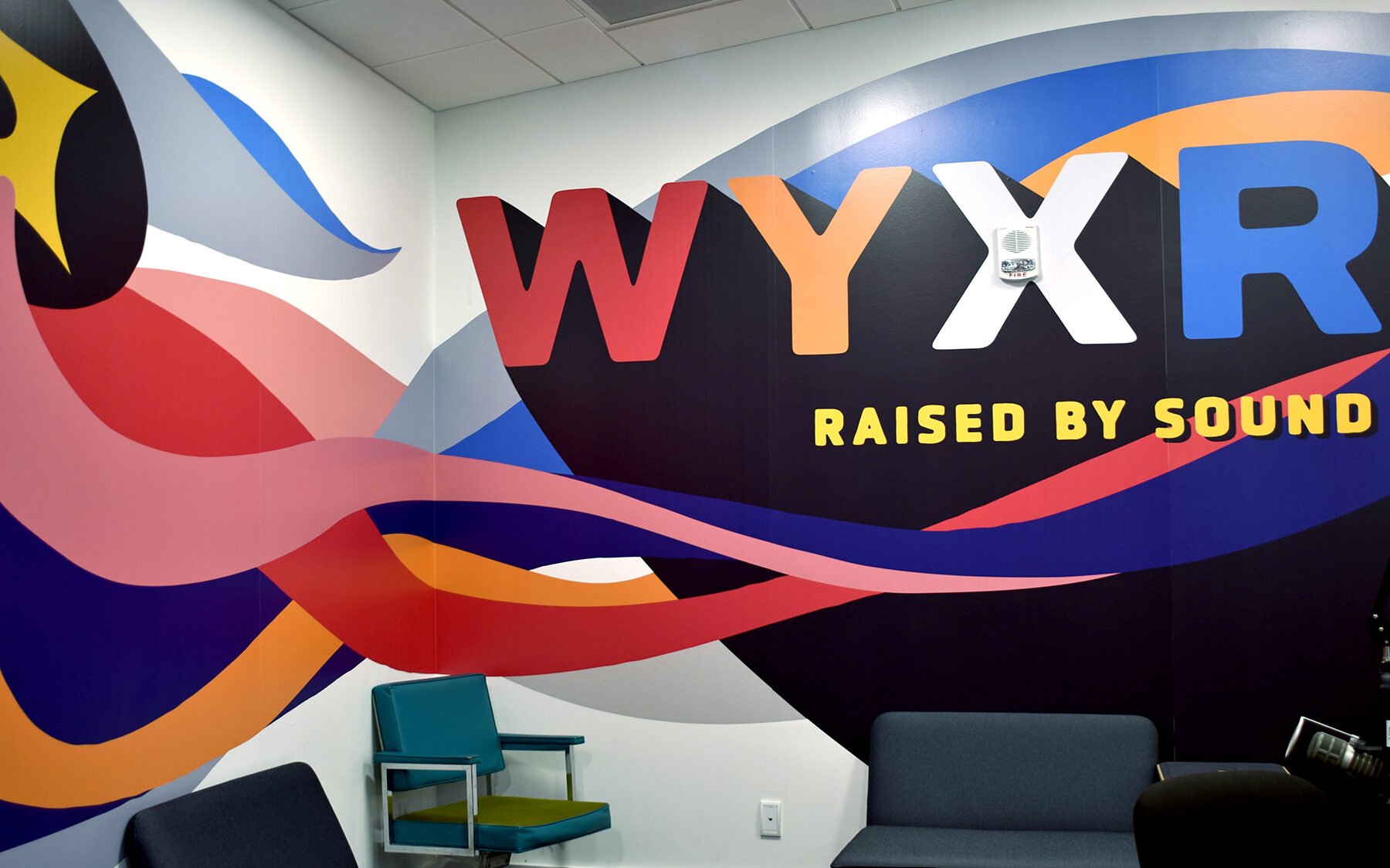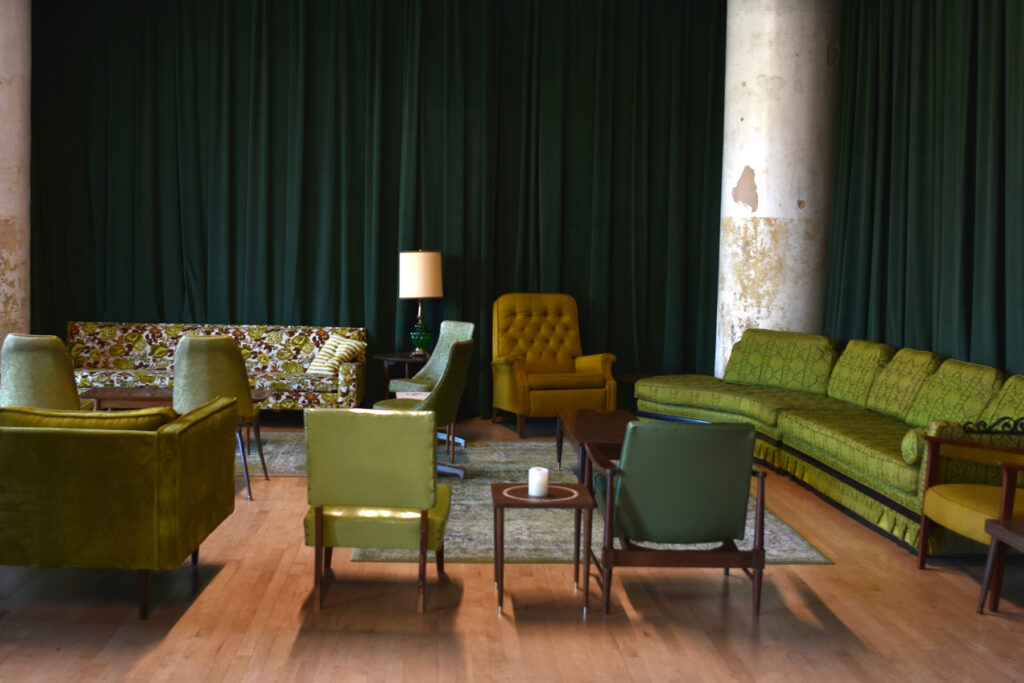
A Q&A by Sarah Rushakoff
“…it is hard to love a fresh wound, much less the scar it leaves.”
Rabbi Micah D. Greenstein
Tell me about the Mystic and why it’s a unique program.
Micah Greenstein: Scott Morris, Chris Miner, saxophonist Kirk Whalum, songwriter Rev. John Kilzer, and I met for months creating the Mystic in Dr. Scott’s small office following deep dialogue, prayer, and still vivid memories of silence. In the Mystic, the world is far better served by a multiplicity of beliefs than rigid uniformity. The goal of the Mystic is not to feel better, but to get better at feeling.
Kirk Whalum: Memphis has been starving for a forum where religious and non-religious Memphians can mix it up with folks who are just curious about spiritual things, with no agendas. Where all of the above can feel free to hold our doubts, suspicions, deep questions, and deep convictions in our hands and hearts together. All done in a safe and non-judgmental space.
Scott Morris: It’s not about preaching, not about trying to win anybody over to a particular point of view. There is no sermon, there is no collection, but it is an hour once a month that just invites people across various theological perspectives to find a way to be together. It’s about engaging all of us in matters of the spirit. We use the spoken word, music, and the opportunity for meditation, all to hopefully bind us closer together.
Joshua Narcisse: I think the great thing about the Mystic is that, before I ever went to one, I heard about it from folks who I went to church with at Mississippi Boulevard. They’d say it was almost like worship for them because of the depth of the discussion, the ideas, and the vulnerability that is lifted up during that time. The Mystic invites us deeper into that unknown, deeper into the uncertainties, as we truly move deeper into faith and connect with ourselves, connect with God or a higher being or nature, that which is beyond us.

How does the Mystic make its space welcoming to people of all ages, backgrounds, faiths, and sexual orientations?
MG: The Mystic attracts not just people of different faiths and races. It may be the only place where older retirees and younger hipsters converge in the same space! The music is Memphis’ finest, and in recent years, it has expanded to younger voices Joy Marseille and Joshua, and the wisdom of Rev. Sonia Walker, too. While we cannot eliminate illness and disease, we can still heal each other. While we cannot repair the entire world, we can still paint our corner of the world with light, acceptance, and love. We cannot eliminate loneliness, but we can hold each other, even from a distance. We cannot eliminate the pain people are experiencing, but we CAN model lives of compassion.
SM: The point of the Mystic is to recognize there is this deep spiritual dynamic in all of our lives. How, collectively, are we moving forward with that? What can we do to support each other in this? The very fact that we have that conversation should tell you that it’s anything but a closed-minded approach. A lot of Temple folks have come regularly when we were meeting in person. Part of meeting in Midtown is that I believe young millennial Jewish groups would hopefully find it fascinating. And every last person in the mix is gonna tell you that God is fully open and embracing of the LGBTQ community.

How has COVID affected the Mystic?
SM: I think the last time we did it in person was February. At the same time, WYXR was getting started, the radio station that’s under the umbrella of the Daily Memphian and the University of Memphis but is based here at Crosstown in a Church Health space. I just went to them and said, “Look, let us do this over the radio.” The point of the first radio episode was ‘How Has Covid Affected You Spiritually?’ We wanted to talk about how COVID affected us personally, not necessarily as the leader of a congregation. It airs live the first Thursday of every month at 9 am and will be archived by WYXR so people can go listen to it anytime. Church Health will also have a place on our website where people can listen to it.
JN: It’s been great to be able to get back with the group and to ponder who we are, and truly, how we are, as we’re living through this pandemic. How are we caring for ourselves and for one another, even when we’re forced to be physically distant? I think going deeper into faith is critical as we disabuse ourselves of this false control we thought we had. As we reorient ourselves to a world that is prayerfully more concerned about caring for others and allows for the ego to drop away. I think the Mystic is a good place to begin that journey.
Is there a memorable past topic or guest that stands out to you?
JN: Right before the pandemic, we talked about intergenerationalism. For folks my age, our foundational moment when we became politically alive was 9/11. For others, it was Kennedy’s assassination. So being able to expose those kinds of touchstones in a society that’s structured in a way that doesn’t easily allow for intergenerational communication helps us better learn how to talk to one another.
MG: One of so many I could write about was the one following the sudden death of Mystic co-creator, musician, and minister, Dr. John Kilzer.
SM: Originally the music was going to be Kilzer and Whalum, it would have been like nirvana listening to them. For all of us, the Mystic has been really helpful in dealing with John’s death, because we were all very close to him.
MG: It was my turn to host, so I planned the theme on the theology behind John’s lyrics, including the album he released only months before his passing, entitled ‘Scars.’ John learned to love the scars looking back on his own life, and I posed to Kirk, Scott, and the other panelists how we all have suffered moments of pain and tremendous challenges we have endured. In the midst of those moments, without even anticipating the harsh COVID year we are in, it is hard to love a fresh wound, much less the scar it leaves. But with time, just as Joseph did in the Torah and John Kilzer did in his own life, it’s possible looking back to even love the scars for the good that followed them.
SM: One time we had a young guy who’s a Muslim Syrian, who was actually held captive for a year in Syria. Having him on, talking about dealing with this, that’s not something we would normally do at a place like St. John’s on a Sunday morning. Shaila Karkera came and brought to us a Hindu perspective, especially related to issues of nurturing children, since she had written a children’s book, and that was a really strong conversation. And then Sonia Walker, who is a true woman of great wisdom, led an intense conversation around her own personal experience of racism during her long life. Addressing the racial issues that are always just below the surface. We live in Memphis and we can’t back away from that.
KW: The Mystic has an inherent focus on issues of social justice and racial equality and empowerment, about which we are all passionate. These are the same issues which we have all seen diminished and discounted in an existential environment of austerity and outright selfishness. I experience the Mystic as a recurring, exhilarating opportunity to listen, share, contemplate, and be inspired to live more deeply. There seems to be one thread that weaves through them all, and that is the common-unity we experience when we “zoom out” from our particular religious, doctrinal, or cultural perspectives long enough to truly see each other. To lean into the richness of our special and diverse Memphis ethos, which is its own spiritual reward. This, especially when viewed through the prism of faith, whatever that word may mean to each attendee.

How has the Mystic affected you personally?
SM: Truthfully, what I needed was a way to feed my own soul, my own spirit. What I decided to do was just invite my friends, to have a conversation with them, and intentionally look at people who have different theological perspectives at some level.
JN: In one sense, it allows me to bring my theological imagination to the spiritual care work I’m doing with Church Health, and into my daily life as a person of faith. On a personal level, it keeps that theological grounding in front of me as I navigate the different brands of Christianity, Judaism, and all those different faith traditions that we partner with. Being a part of the Mystic helps me to understand more what I believe as we navigate those different partnerships.
KW: Personally I find it meaningful to enter a space where my fundamentalist background is laid bare, and yet I am invited to delve more deeply into it. I get to view my personal faith in Christ as viewing a diamond, but perhaps from other angles. I am inspired by deep insights and wisdom from other faith traditions. And from the broader perspectives of guest panelists who are, for instance, agnostic but deeply spiritual, which challenge and many times resonate with and affirm my faith.